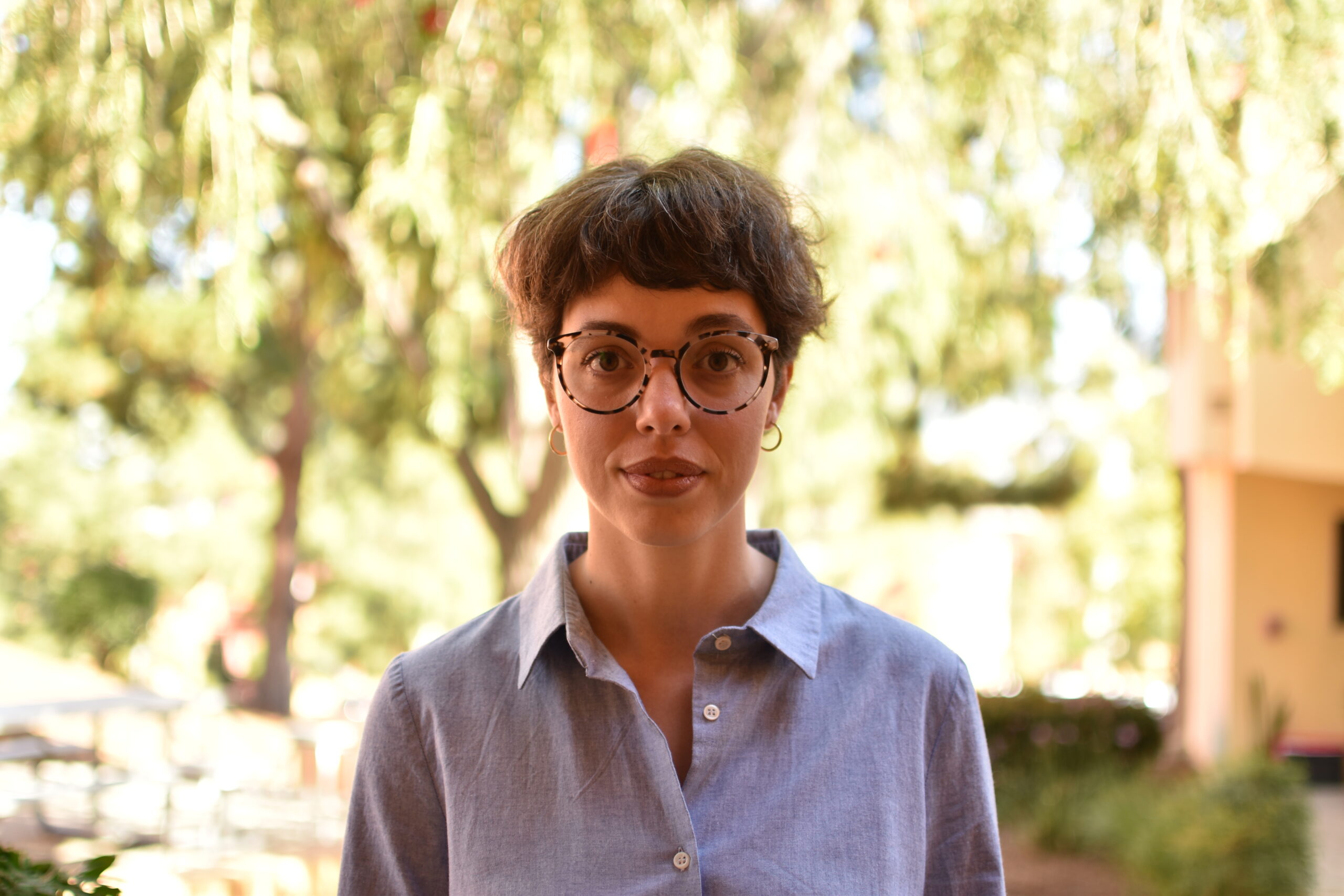
« Go back to: Events
Lecture: ‘Conspiracy Theories, Resistance to Evidence, and Propaganda: How Conspiracy Theories Advance Political Causes’ by M. Giulia Napolitano
Locatie: Hybrid: Vrije Universiteit Amsterdam and Zoom

Description
Conspiracy Theories, Resistance to Evidence, and Propaganda: How Conspiracy Theories Advance Political Causes
When: Thursday, 1st of June, 15.30-17.00
Where: Hybrid, Zoom and on the Vrije Universiteit Amsterdam
Registration: e-mail to extremebeliefs.fgw@vu.nl to receive the zoomlink/exact location.
Abstract
Whether deliberate or not, appeals to alleged conspiracies seem to advance political causes in an extraordinarily powerful way. In this paper, I offer an account of why this is so. I argue that some beliefs in conspiracies are resilient, in the sense that they are resistant to being revised, while maintaining the semblance of being rationally held in the face of mounting counterevidence. On my view, conspiracy allegations work as political propaganda when they contribute to the formation and sustainment of resilient beliefs in conspiracies. These resilient beliefs in conspiracies in turn structure the social-epistemic environment of their believers and isolate them from dissenting voices. Injecting and sustaining conspiracy narratives in political discourse can thus be an insidious and effective strategy for advancing political agendas and closing off rational debate.
Bio
M. Giulia Napolitano is a postdoctoral fellow in the Applied Epistemology Project, and Teaching Assistant Professor at UNC Chapel Hill. She received a PhD in Philosophy from the University of California, Irvine in 2022. She specializes in epistemology, with a special focus on applications of epistemology to issues of social and political relevance, and related issues in philosophy of mind and language.